Election monitoring group flags concerns over ‘missing’ presidential candidates
By Nathara Abeywickrema
The Institute for Democratic Reforms and Electoral Studies (IRES), an election monitoring group has raised concerns about three candidates who have submitted nominations for the upcoming presidential election but remain inactive.
Speaking to the TimesOnline, Executive Director of IRES Manjula Gajanayake said that the IERS did an assessment and found out that according to that, there are 39 candidates in the presidential race, including one who has recently passed away.
There, he criticized the lack of an official replacement for the deceased candidate, stating, “The failure to name an official replacement for the deceased candidate reveals a major flaw in the process. There should be contingency plans in place, such as appointing a former or a current parliamentarian and the current lack of transparency is problematic.”
Mr. Gajanayake also pointed out several issues with the remaining candidates. “Of the 38 remaining candidates, only 15 have organized any meetings. The other 23 have not held even a small gathering of 10 people and remain silent. I stand by my observation that only 15 candidates have managed to organize at least a minimal meeting or a public rally,” he said.
He further noted difficulties with the contact information provided by the candidates. “When we attempted to call the numbers given to the Election Commission, we found two were incorrect, and one candidate ended the call abruptly,” Mr. Gajanayake added.
Additionally, Mr. Gajanayake mentioned that five of the 23 candidates do not have Meta (Facebook) accounts three presidential candidates are inactive, with two of their contacts answered by others and one not responding and that at least three have made no public statements about their candidacy.
“Even though these candidates have signed their nomination papers and submitted their bonds, they have yet to introduce themselves publicly,” he remarked.
Mr. Gajanayake also expressed frustration with the difficulties authorities have encountered in gathering basic information about the candidates, noting, “We attempted to upload passport-sized photos of each candidate to the IERS website, but due to poor communication, we have been unable to obtain photographs for 24 of the 39 candidates.”
Despite their inactivity, these candidates continue to collect funds, including donations from various organizations abroad for their campaigns and other election-related activities. The troubling question remains why they are not engaging with the public and why there is such poor communication from their side, noted Mr. Gajanayake.
He added that such candidates often enter the presidential race primarily to gain status, pursue personal gains, or seek political asylum in other countries when the opportunity arises.
Maintaining a robust democracy is undeniably costly, but potential solutions are being considered to address misuse of funds by candidates, with a balanced approach that accommodates genuine candidates aiming to make a meaningful impact, is where Mr. Gajanayake stands.
One such solution involves implementing a new law that would increase the deposit required for presidential candidates. This move aims to reduce the number of candidates entering the race, thereby minimizing misuse and improving the quality of candidacy, he recommended.
Currently, candidates contesting under an election commission-registered party or another political party are required to place a deposit of Rs. 50,000 to run for the presidency. Independent candidates must submit a deposit of Rs. 75,000. However, the cabinet has recently approved an increase in these amounts, though it has yet to be presented in Parliament,
Under the new proposal, the deposit for candidates from registered political parties would rise to Rs. 2.6 million, while independent candidates would need to pay Rs. 3.1 million. This significant increase is intended to streamline the electoral process and ensure that only serious candidates participate in the presidential race, Mr. Gajanayake expressed.
Mr. Gajanayake further suggested that the election commission should implement additional regulations to monitor political parties more effectively. He emphasized the need for close observation of all 86 registered political parties and reinforced the rule that each party and its presidential candidate must have a public representative at the local government level.
For independent candidates, he proposed the introduction of a new law requiring at least 10,000 signatures to accompany nomination papers in order to qualify for the presidential election.
Additionally, Mr. Gajanayake recommended the establishment of a mechanism to track election manifestos. To achieve this, he advocated for the creation of budget offices with impartial processes, similar to those in developed countries like Germany and the UK, which he has personally observed to be well-organized when it comes to elections.
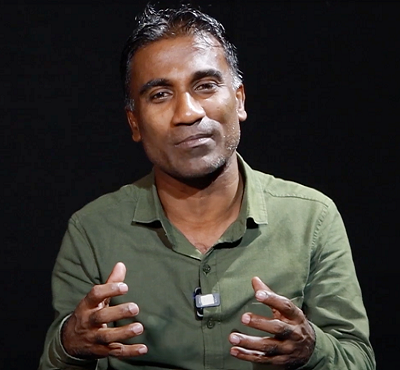
Executive Director of IRES Manjula Gajanayake
-
Still No Comments Posted.



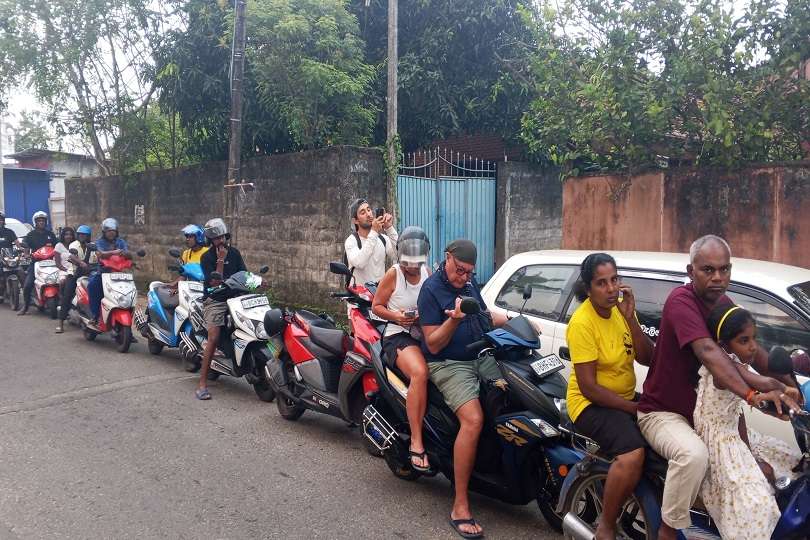
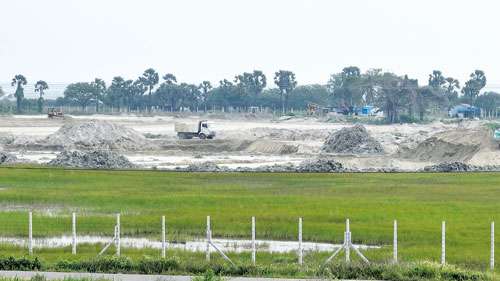
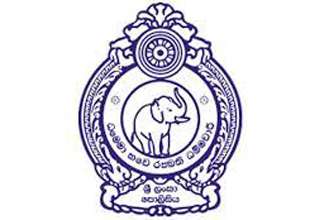
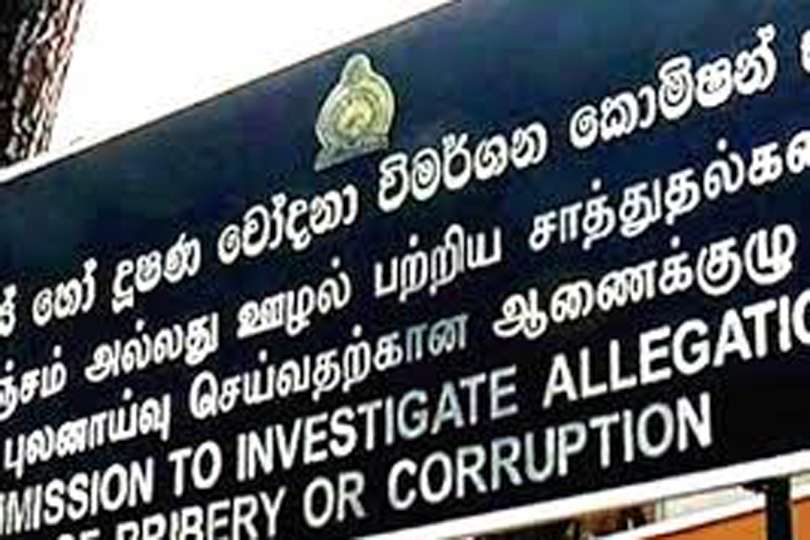
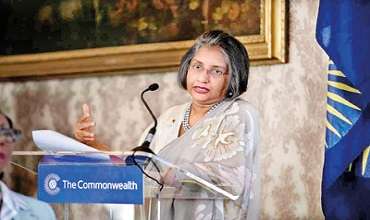
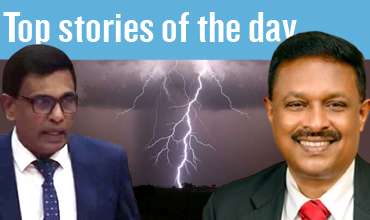
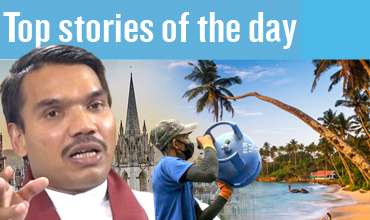
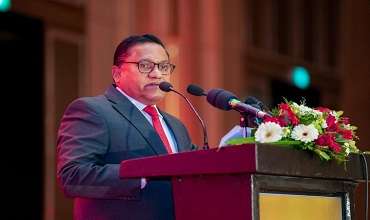
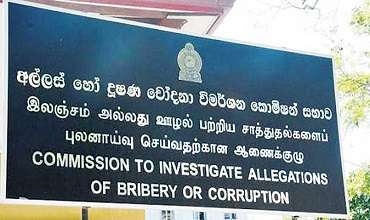
Leave Comments